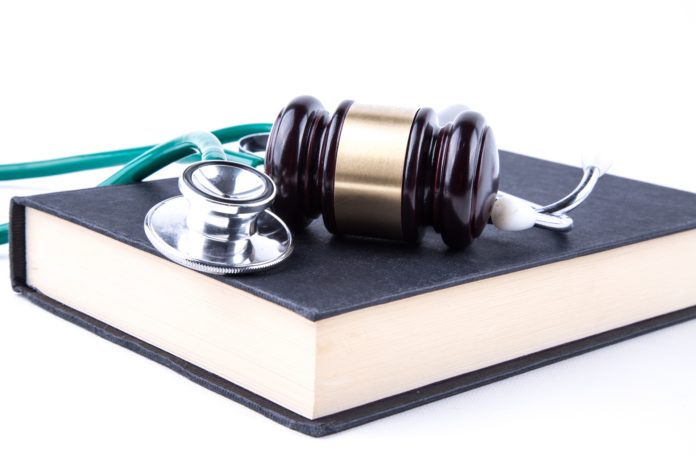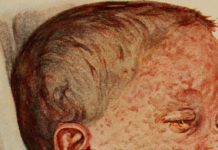
Under new curriculum students will have clinical exposure right from the first year
Next academic year onwards, undergraduate medical students in India will have clinical exposure right from the first year.
This marks a major shift in the undergraduate medical education curriculum which has been revised after more than two decades. Moving on from the earlier style of teaching medicine when pre-clinical subjects like anatomy, physiology and biochemistry comprised the first year syllabus, the focus in the new “competency-based curriculum” will be on diseases right from the first year.
The Board of Governors of the Medical Council of India has finalised the new curriculum. The board of governors chaired by Niti Ayog member Dr Vinod Paul was formed some time back has now become the highest decision making body of the MCI following a government decision.
The last time undergraduate medical education curriculum was revised was in 1997 when Regulations on Graduate Medical Education were issued.
The decision was necessitated after the government failed to pass the National Medical Commission Bill in Parliament. NMC was to have replaced MCI as the medical education regulator.
The new curriculum will be taught in medical colleges across the country from the 2019 session.
The principle behind the curriculum as laid down in the foreword is: “A significant attempt has been made in the outcome driven undergraduate curriculum to provide the orientation and the skills necessary for life-long learning to enable proper care of the patient. In particular, the curriculum provides for early clinical exposure, electives and longitudinal care. Skill acquisition is an indispensable component of the learning process in medicine.”
The last time undergraduate medical education curriculum was revised was in 1997 when Regulations on Graduate Medical Education were issued.
Among the goals of the programme are for a medical graduate to recognize “health for all” as a national goal, learn every aspect of National policies on health, achieve competence in practice of holistic medicine and practice encompassing promotive, preventive, curative and rehabilitative aspects of common diseases.













